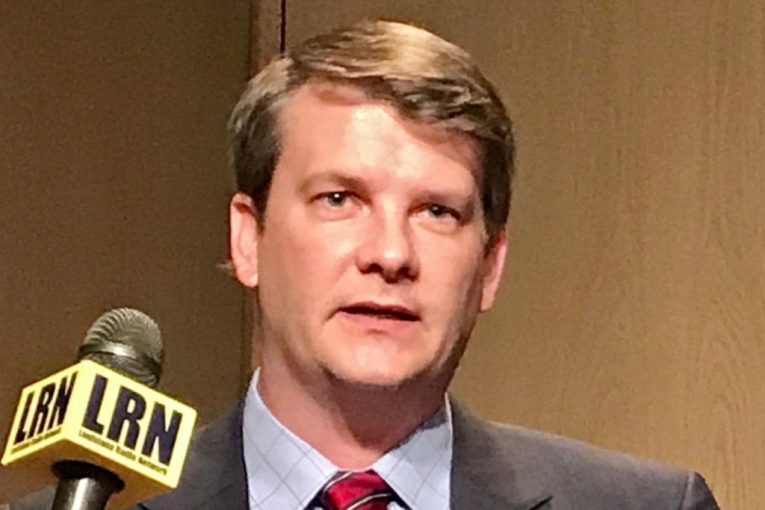

By Jacob Derin
Luke Letlow, Congressman-elect for Louisiana’s 5th congressional district, died of COVID-19 complications Tuesday night. His death is a grim reminder that the pandemic has touched the lives of everyone.
Even as we continue to see reports of the disproportionate impact of COVID-19 on racial minorities in the United States, events like this one remind us that even the wealthy and powerful are not immune from the virus. It would seem like this is obvious enough, that it doesn’t need to be stated, but there are still plenty of Americans carrying on as if the virus didn’t exist.
I’ve often thought that it’s ironically unlucky that COVID-19 is comparatively less deadly in the context of history’s major society-disrupting diseases (such as the bubonic plague, smallpox and the Spanish Flu). It exists in an unfortunate uncanny valley of virulence, just deadly enough to cause massive suffering and just benign enough to allow for the possibility of denial.
These high-profile cases in the American government, up to and including the President himself, surprisingly don’t impact the COVID-denying public the way they should. This reflects a basic truth of human psychology: it’s easy to deny something until it happens to you.
Of course, by then, it’s too late. The proverbial hangman has already come for you.
As the vaccine distribution progresses, this false sense of security is likely to increase. Until the United States manages to reach herd immunity, the vaccine won’t protect us any more than denial has.
Here is where COVID-denialism intersects with an even more dangerous ideology: vaccine skepticism. Even though more people now say they’re willing to take the vaccine, about 20 percent of Americans still say they wouldn’t do so. It’s unclear exactly how many people would need to be vaccinated to stop the pandemic, but if we can’t convince 20 percent to change their mind, we’d probably be cutting it pretty close.
Given the already enormous logistical burden the vaccination program is placing on the country, we need as many willing participants as possible. It’s impractical and ethically questionable to force people to take the vaccine. Still, until we reach the herd immunity threshold, Draconian shelter-in-place type orders will continue to be necessary.
From the beginning, this has been the paradox of the American political response to the pandemic. The American mythos of freedom at all costs and individual liberty over collective security have made efforts to fight the virus ineffective. As people disregard social distancing recommendations and masking orders, the virus has spread virtually unchecked. This has necessitated the closing of businesses and the implementation of lockdowns.
In other words, the more people insist on defying these orders, the more they become necessary.
Even the most protected among us aren’t protected enough to ignore the threat. If we want life to return to normal, we must work together to do it.
The only question that remains is: how many of us are willing to do that?

Jacob Derin is a third-year English and Philosophy major at UC Davis.
Support our work – to become a sustaining at $5 – $10- $25 per month hit the link:

I posted here when Trump got Covid-19, that the worst thing that could happen is he gets a mild case and gets better, because those following his lead would let his case reinforce their truth.
I heard Lucas F. say this on the DV interview a few weeks back, and I thought that was ridiculous, people couldn’t be that stupid. Then I thought about 2020.
That’s the lowest number I’ve heard. I heard closer to 40%, including medical professionals, the later of which is particularly disturbing – and the explanation I’ve heard most likely is lack of knowledge of long-term effects.
I personally know several people who say they won’t take it, including right here in Davis — and that’s only the one’s I know of — most I haven’t asked.
A higher proportion of people say they are unsure whether or not they’ll take it. About 20% of the population says they won’t take it.
That makes sense. Always appreciate the responses.